One of the most abiding myths about this region’s politics is that a weak Pakistan is bad for India. Legacy analysts from the Track II diplomacy and ‘Aman Ki Asha’ era repeat this every time Pakistan is in deep crisis. It is in reality a cry for help for Pakistan couched as an advice in India’s interest. Nowhere in the last 75 years is any evidence that a strong Pakistan has been good for India. The Pakistan economy’s strongest run, for instance, was under Ayub Khan’s prime ministership (1958-’69). Economic growth averaged 5.82 per cent, and manufacturing growth was 8.51 per cent, higher than any other time in Pakistan’s history. What did this strong Pakistan do? It sneaked troops illegally into Jammu and Kashmir in 1965 till India responded militarily and a war broke out. And right after Ayub Khan’s golden run, Pakistan fought a second and more destructive war with India in 1971. It slaughtered three million Hindus and progressive Muslims in Bangladesh, raped thousands of women before being comprehensively defeated by India again. Then under the Islamist General Muhammad Zia-ul-Haq — a period of relative political strength and prosperity — Pakistan carried out the most extensive radicalisation project, funding terrorism and putting in motion the doctrine of ‘bleeding India with a thousand cuts’. Again, in the twilight of a falling Nawaz Sharif and rising Pervez Musharraf — still, a relatively strong Pakistan — it sent troops and jihadis to Kargil and tried to capture Indian territory. In the following years, it launched dozens of terror attacks on India including 26/11 and the Parliament attack. In comparison, a Pakistan in free fall and a strong, assertive India have meant no major terror strike on civilian targets in the last nine years. Also, the terror strikes emanating from Pakistan in the rest of the region have considerably lessened, with the Islamist nation busy lacerating itself. Here are 10 quick points why India should focus on further weakening Pakistan and not heed the advice of the disguised spokespersons of its enemy. 1. Pakistan is created out of hate for India and Hindus. It is a nation with only hatred and rejection as its glue. Most of its institutions have been created and geared to act against India. Prosperity and stability will only aggravate the tendency to hurt India with surplus energy and resources. 2. A strong economy allows Pakistan to divert a lot more money for military purposes and jihad against India. It also allows for a strong military establishment, which is more adept at causing organised trouble in India than a gaggle of lawless Taliban-like militias. Unlike Pakistan and Afghanistan, India is not bound with Pakistan by religion or geography to allow for the indiscriminate infiltration which happens across the Durand Line. 3. A weak and fractious Pakistan allows India to further divide it. Pakistan has already created a swamp of violent, jobless and radicalised youth in every bylane. Instead of dealing with puppet governments controlled from the ante-room by the generals, India can covertly make individuals and groups do its bidding and further its self-interest. 4. Trade with Pakistan is anyway so wafer-thin — it is just $500 million — that it does not bother India. In fact, Pakistan needs the trade a lot more desperately, which is why the volume doubled despite a trade ban in 2021. A stronger Indian rupee because of the weakened Pakistan also works in India’s favour. On 9 May, 2013, one Indian rupee equalled 1.817 Pakistani rupees. Ten years later on 9 May, 2023, one Indian rupee was trading at 3.47 Pakistani rupee. 5. A turbulent Pakistan means less foreign investment flowing into it. That means less lobbying against India on fake issues like Kashmir and victimhood of Indian Muslims from the Left-‘liberal’ western interest groups and the Islamic world. 6. Arabs are giving up on a weak and violent Pakistan as the model Islamic state in the Indian subcontinent. They are increasingly more amenable to Muslims coexisting peacefully with Hindus and other religionists in India. They see India as one of the most valued partners. This has palpably improved India’s foreign relations with the Arab world. 7. Radical Indian Muslims have no successful Islamic state in the region to look up to and fan separatism after Pakistan’s tailspin into chaos and Bangladesh’s sliding civil rights and economy. That increases the possibility of reconciliation and peace at home. 8. A weaker Pakistan will mean a weaker Taliban and a ray of hope in Afghanistan. Pakistan has been the chief meddler and tormentor for Afghans, keeping alive and bringing back the Taliban to power. All women’s rights including basic ones like education and work have been taken away, nightmare walks the land. A weak Pakistan fails to provide succour to the Taliban, which makes it possible for others to control the savage outfit. 9. China will have less of a leverage and will see more sense in peace with India if Pakistan is too weak to be of any use. The Chinese are already worried by its puppet coming unhinged. Militancy in Balochistan and other areas deeply worry it. And it does not have any love for radical Islam to go out of its way and help Pakistan. A weak Pak could be good for India-China relations. 10. And lastly, a weak Pakistan is an invitation for India to move towards its goal of reclaiming Pakistan Occupied Jammu and Kashmir (PoJK) and Balochistan. Pakistan was a crucial part of the larger civilisation, and Bharat would like every piece of it back in the coming decades, minus the insanity. Read all the Latest News, Trending News, Cricket News, Bollywood News, India News and Entertainment News here. Follow us on Facebook, Twitter and Instagram.
Here are 10 quick points why India should focus on further weakening Pakistan and not heed the advice of the disguised spokespersons of its enemy
Advertisement
End of Article


)
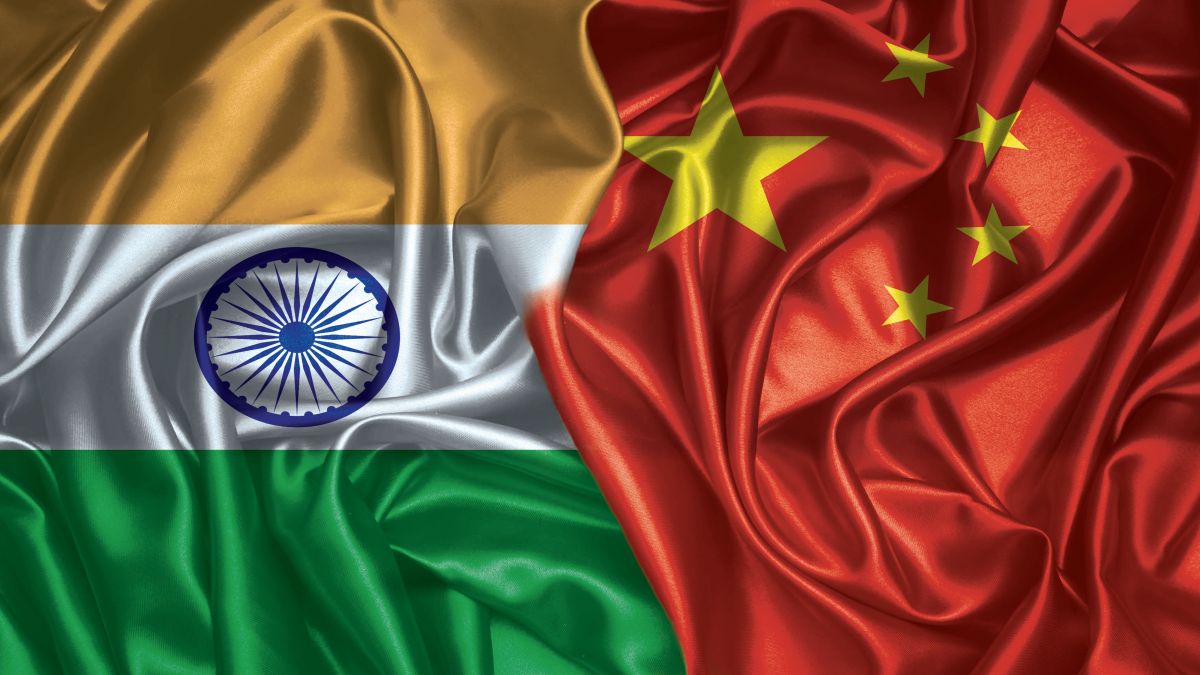
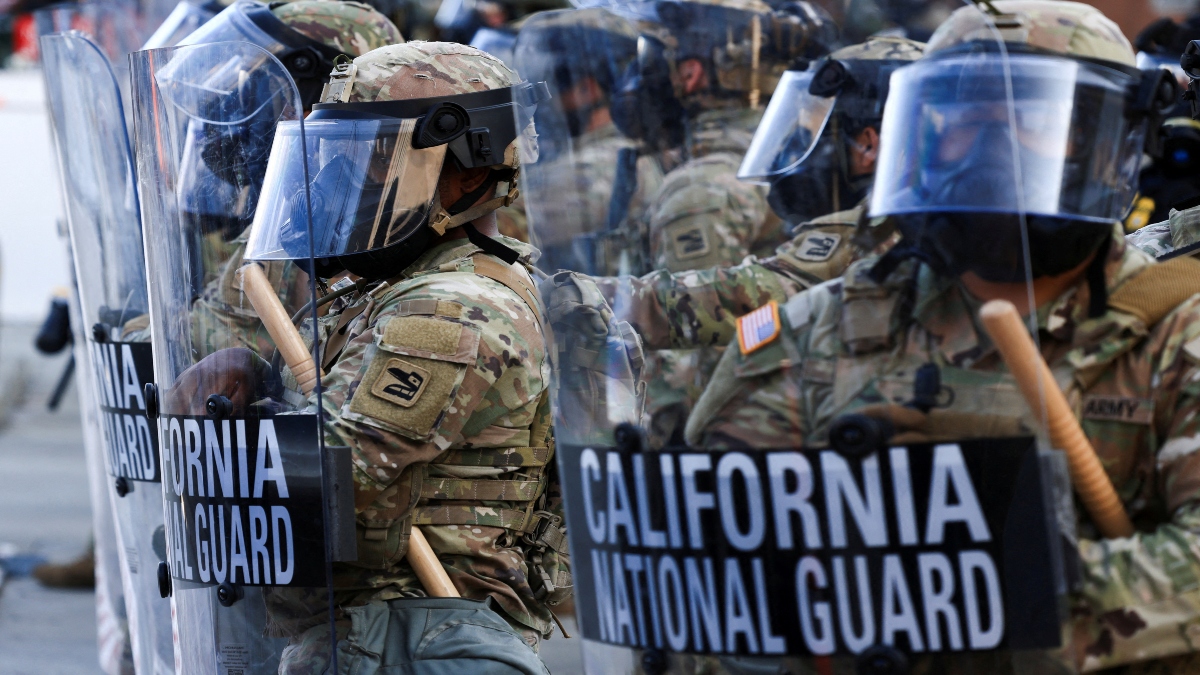)
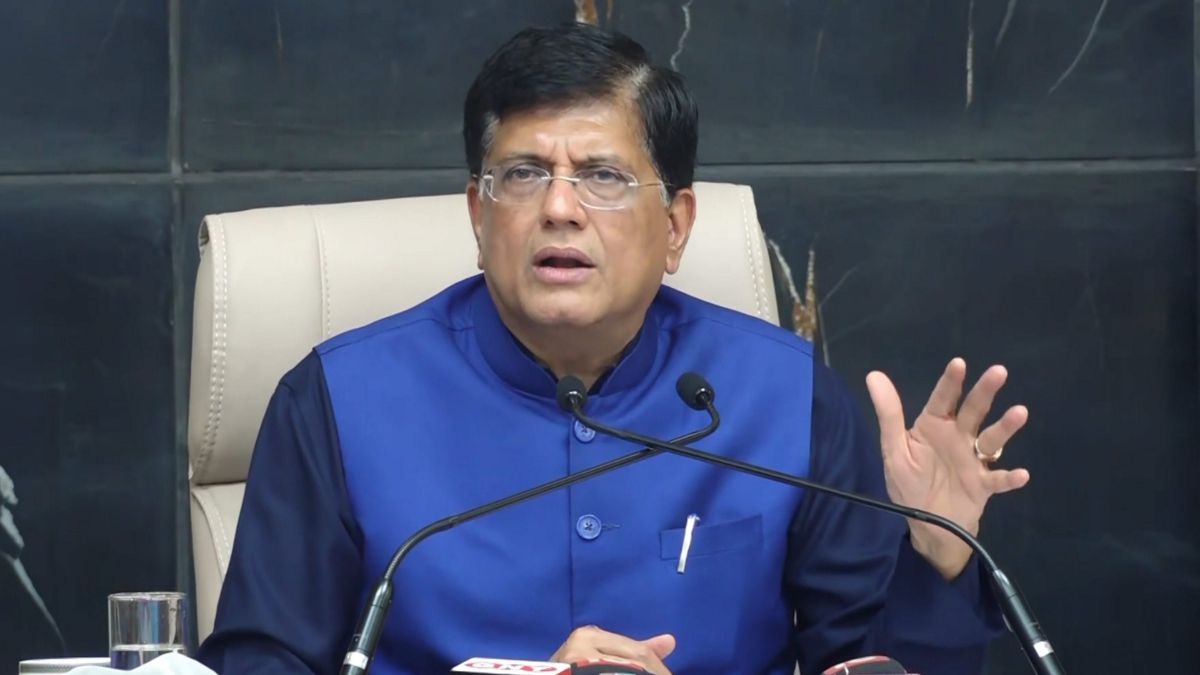)
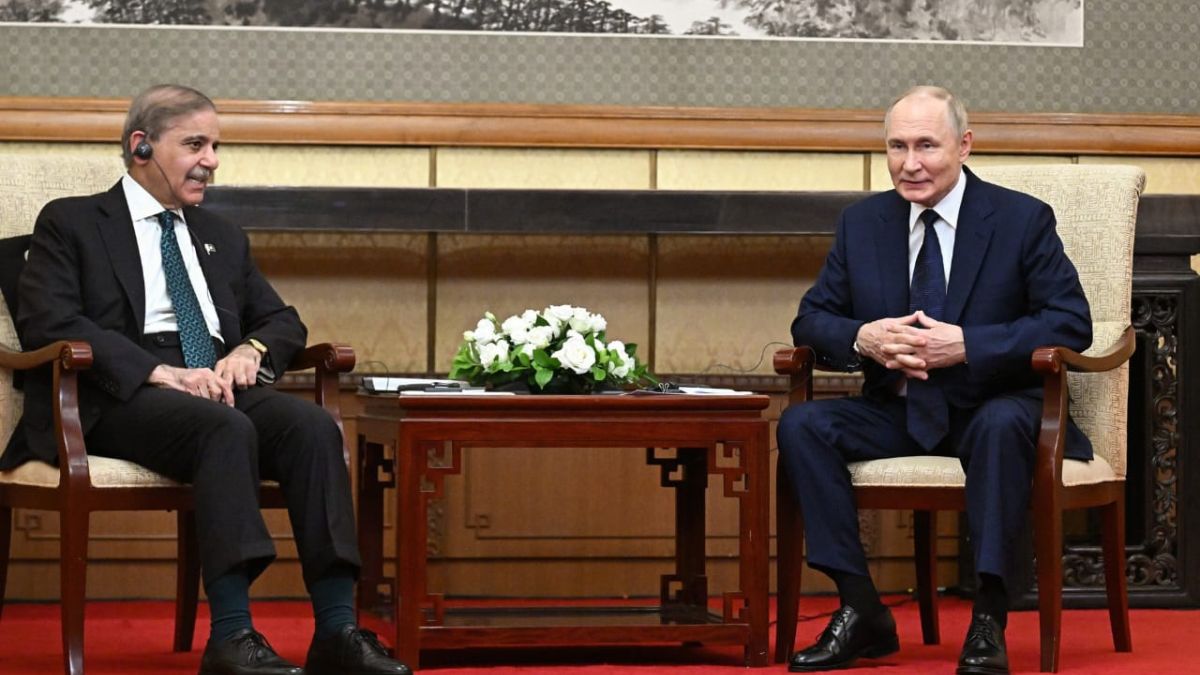)
)
)
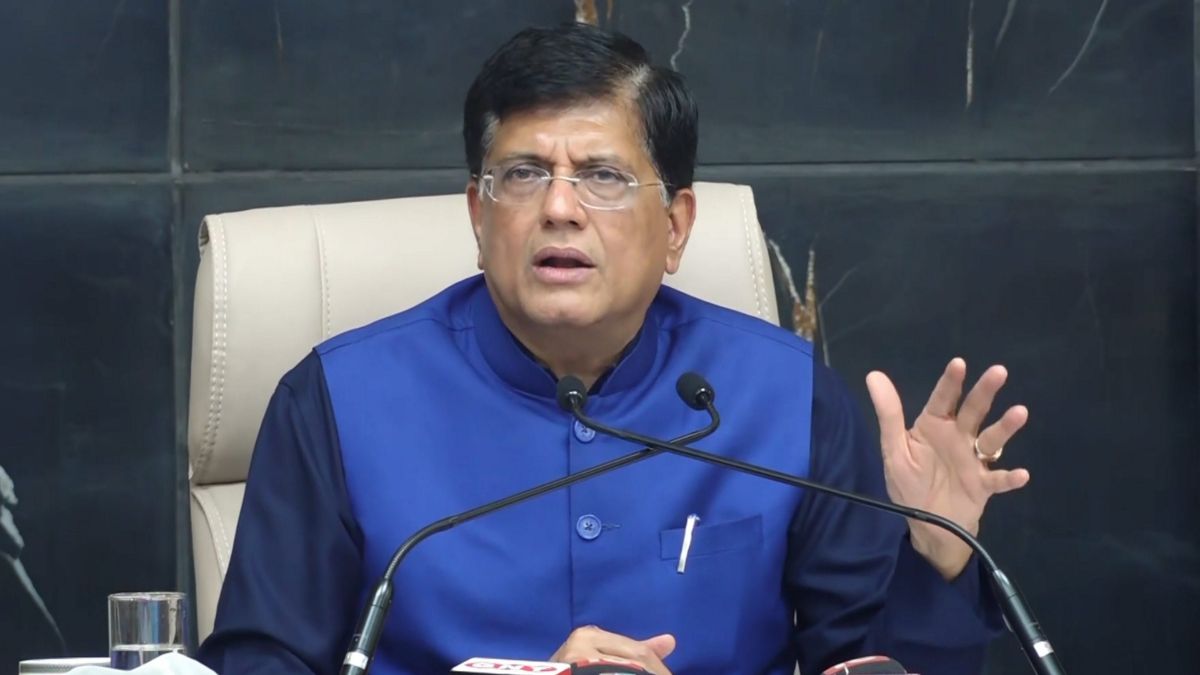)
)
)



